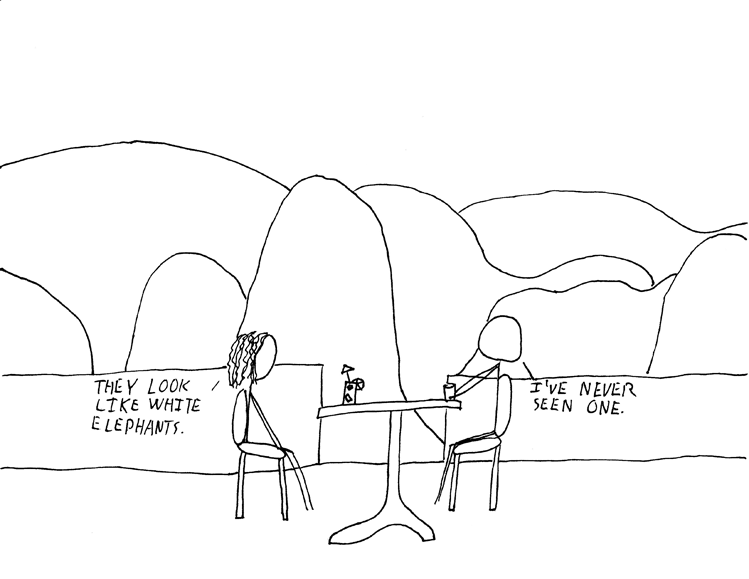I am silver and exact. I have no preconceptions.
Whatever I see I swallow immediately
Just as it is, unmisted by love or dislike.
I am not cruel, only truthful-
The eye of the little god, four cornered.
Most of the time I meditate on the opposite wall.
It is pink, with speckles. I have looked at it so long
I think it is a part of my heart. But it flickers.
Faces and darkness separate us over and over.
Now I am a lake. A woman bends over me,
Searching my reaches for what she really is.
Then she turns to those liars, the candles or the moon.
I see her back, and reflect it faithfully.
She rewards me with tears and an agitation of hands.
I am important to her. She comes and goes.
Each morning it is her face that replaces the darkness.
In me she has drowned a young girl, and in me an old woman
Rises toward her day after day, like a terrible fish.
Whatever I see I swallow immediately
Just as it is, unmisted by love or dislike.
I am not cruel, only truthful-
The eye of the little god, four cornered.
Most of the time I meditate on the opposite wall.
It is pink, with speckles. I have looked at it so long
I think it is a part of my heart. But it flickers.
Faces and darkness separate us over and over.
Now I am a lake. A woman bends over me,
Searching my reaches for what she really is.
Then she turns to those liars, the candles or the moon.
I see her back, and reflect it faithfully.
She rewards me with tears and an agitation of hands.
I am important to her. She comes and goes.
Each morning it is her face that replaces the darkness.
In me she has drowned a young girl, and in me an old woman
Rises toward her day after day, like a terrible fish.
In order to better understand this poem, I believe it is crucial to take a good look at the life of the author. Sylvia Plath’s writing tends to be quite dark and depressing. It reflects a lot of the hardships she endured. As I began to look into the author’s life I realized just how much heartache surrounded her. She lost her father at a young age, attempted suicide in college, and was abandoned by her husband later in her life. She was left in poor circumstances to try and care for her two daughters. Her life and her writing show her volatile emotional state. This overview helps give us a perspective of her psyche as she may have written this poem. The tone is very depressed and lonely. It exudes a feeling of isolation and hurt.
This poem personifies a mirror, giving it human characteristics and a voice. It is evident within the first line that it is the mirror that is speaking in the poem.
“I am silver and exact.”
The first stanza appears to be a possible flash back of someone in their youth. It tells of a mirror which “is not cruel, only truthful.” A mirror that reflects many faces, but it also stares at the opposite pink wall and sometimes darkness. This first stanza may also represent a childlike innocence. Children are also not cruel, but truthful. They say what they mean. It is often said that kids say the darndest things.
But the second stanza seems to not only portray a lake, but also an older woman. One who “is searching for what she really is.” Too often society gives women the notion that their identity can be found in the way they look. The two are often intertwined. This woman is disheartened by what she sees. This is evident in the line,
“She rewards me with tears and an agitation of hands.”
The mirror, which is now a lake still faithfully reflecting her image notices that the woman has turned her back to the lake and instead “turns to those liars, the candles or the moon.” This could be a literal meaning or it could represent romance. Perhaps the woman has looked for her identity or image to found in a romantic relationship. But what they conveyed to her about herself was not truth.
The last two lines of the poem show that she is bitter about what she sees.
“In me she has drowned a young girl, and in me an old woman
Rises toward her day after day, like a terrible fish.”
She sees her past has drowned and she is despises what has risen to the surface. She is older and yet she is still struggling to find her identity. This poem is perplexing and perhaps a bit difficult to try and understand. There may be multiple interpretations, however by looking into the author’s life you get a better understanding of where she is coming from.

